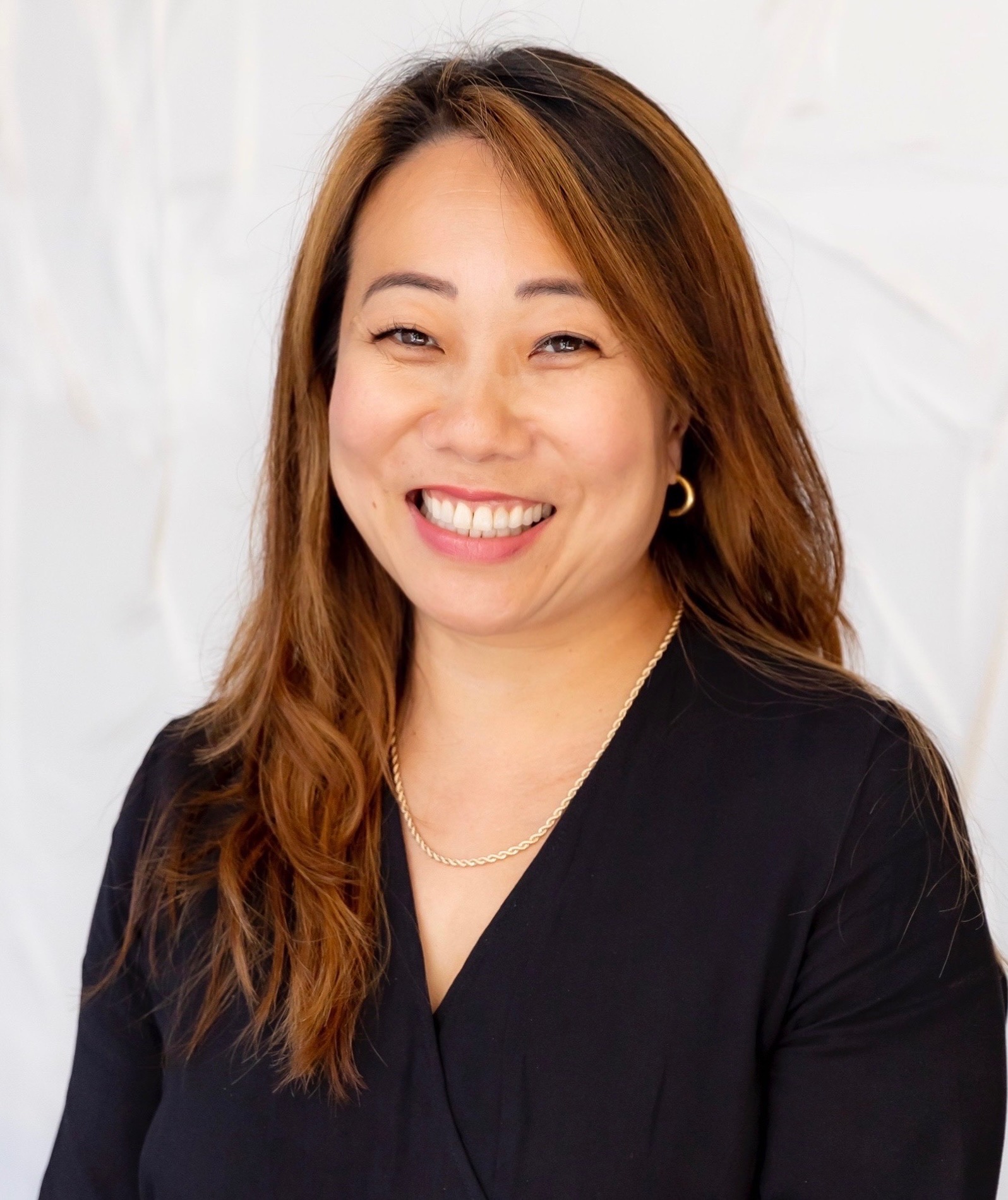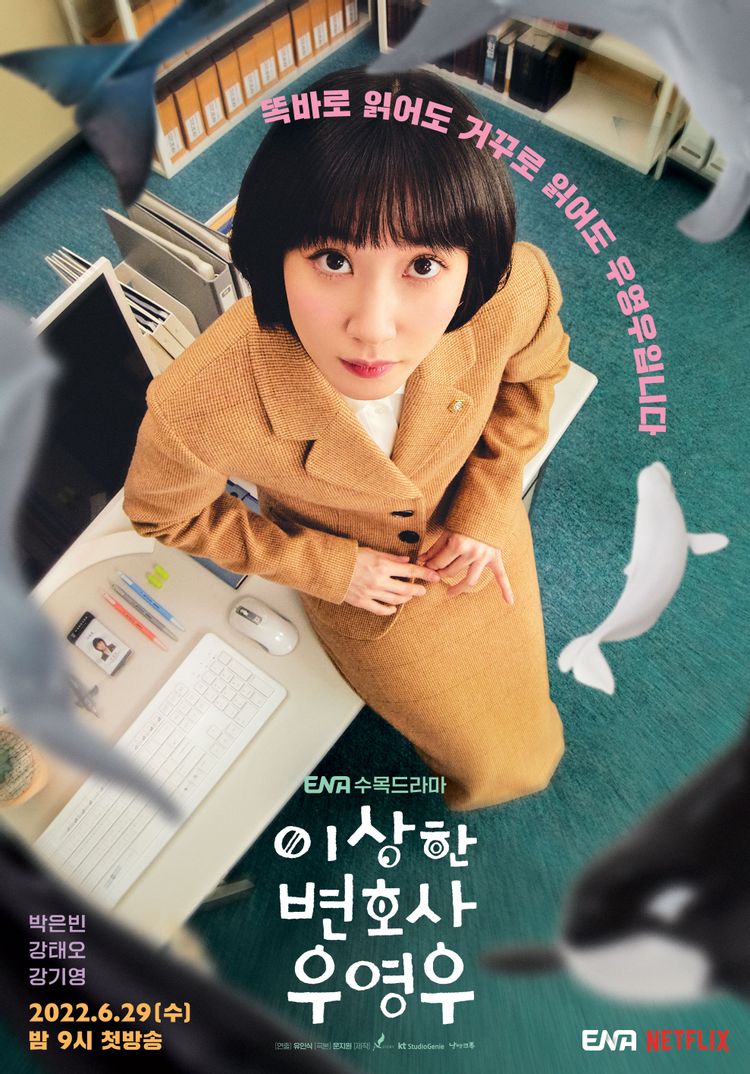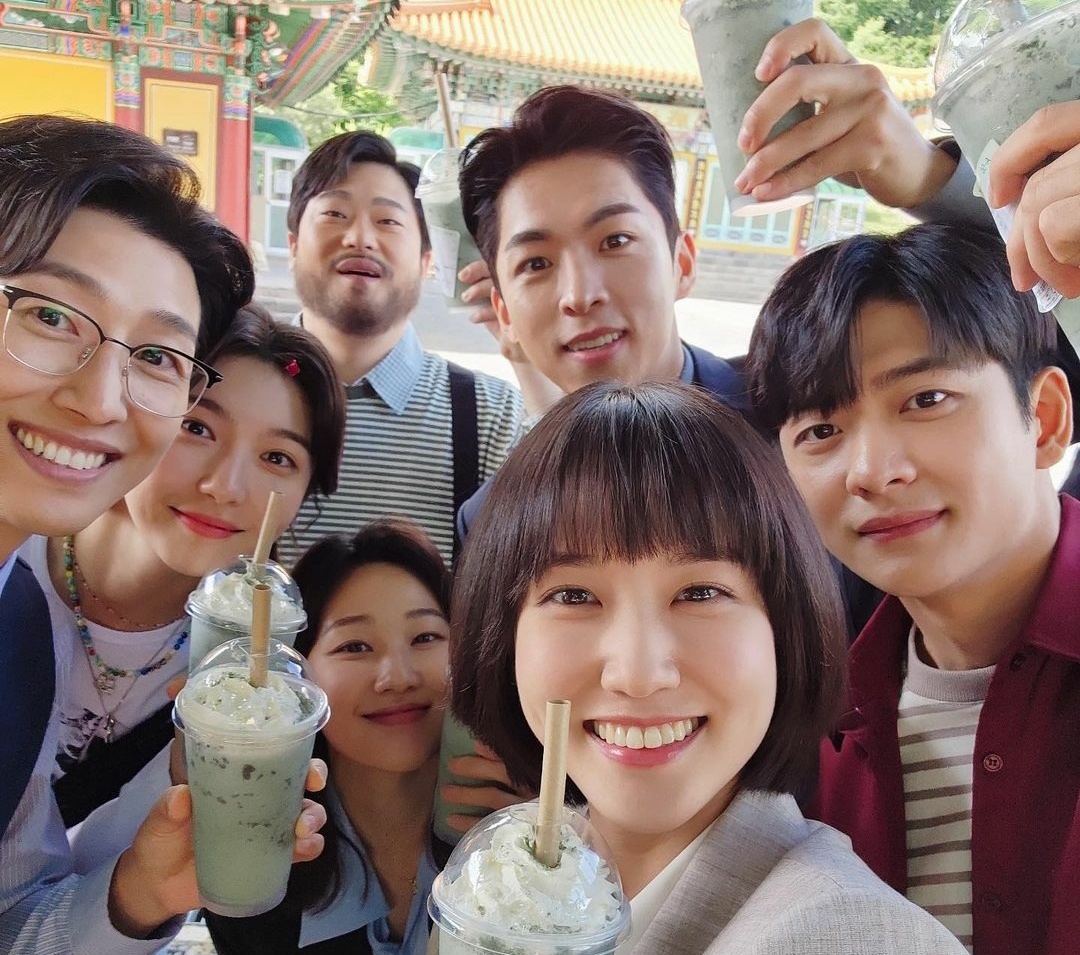- 한국어
- English
- 日本語
- 中文
- العربية
- Español
- Français
- Deutsch
- Pусский
- Tiếng Việt
- Indonesian
By Honorary Reporter Deepti Sobhan Nair from India
Photos = Netflix, Jeanie Chang
The hit K-drama "Extraordinary Attorney Woo" has promoted awareness of people in the autism spectrum through the main character of autistic savant lawyer Woo Young-woo. The series has received praise for its compelling plot and content but critics say it paints an unrealistic picture of people in the spectrum.
To assess the drama's accuracy in presenting life for people in the spectrum, Jeanie Chang, a Korean American who is a licensed marriage and family therapist in North Carolina and has dealt with autistic patients, held an interview on Aug. 14 via Zoom.

Jeanie Chang is a licensed marriage and family therapist in North Carolina.
Chang is also a public speaker who coaches business executives, young professionals and other individuals and lectures at organizations and colleges. Her channel on Instagram and YouTube, "Noona's Noonchi," offers her insight on lessons from K-dramas.
The following are excerpts form the interview.
How accurate about autism is the drama?
"Extraordinary Attorney Woo" portrays autism pretty much on point. Young-woo's behavioral quirks include her habit of eating only gimbap (seaweed rice roll) at every meal, stemming from an autistic's need to stick to predictable flavors and ingredients to minimize or avoid shock. Her use of headphones to block noise is because of an autistic's sensitivity to external noise, and her habit of repeating the words she hears is a condition known as echolalia.

"Extraordinary Attorney Woo" has shot up to the top of Netflix's chart for programs not in English.
What about the people around Young-woo?
Young-woo has a supportive dad who makes charts on human expressions for her to identify people's emotions, as well as supportive friends and colleagues who help her with human interaction to save her from awkward situations. But for autistic people in the real world, basic support and understanding from others can be quite scarce. And so I commend the drama for seeking to normalize autistic behavior and society's response to it.
Are there highly functional autistics in real life?
Young-woo has above-average intelligence difficult for others to comprehend. In my experience of treating engineers who were on the spectrum, perfectionism is a leading trait, and a peek at their high IQ-requiring professional skills would make most think that they're not on the spectrum. But they suffer from emotional and social struggles to form and maintain relationships, and this is something the writers of the drama capture beautifully.
What do you think is this drama's impact on society?
The series' novel concept is a good example for raising acceptance of autistics not just in Korea but worldwide. It's not an easy topic to cover as it's often misunderstood and less talked about as well as less represented in pop culture. Dramas that challenge dominant beliefs and take on misconceptions are extremely important, and this one does that beautifully while being a feel-good story. I thank the makers of "Woo" for being authentic and having good intentions, and the soaring popularity of the drama is a great reflection of that.

The drama's cast pose for a group photo.
enny0611@korea.kr
*This article is written by a Korea.net Honorary Reporter. Our group of Honorary Reporters are from all around the world, and they share with Korea.net their love and passion for all things Korean.